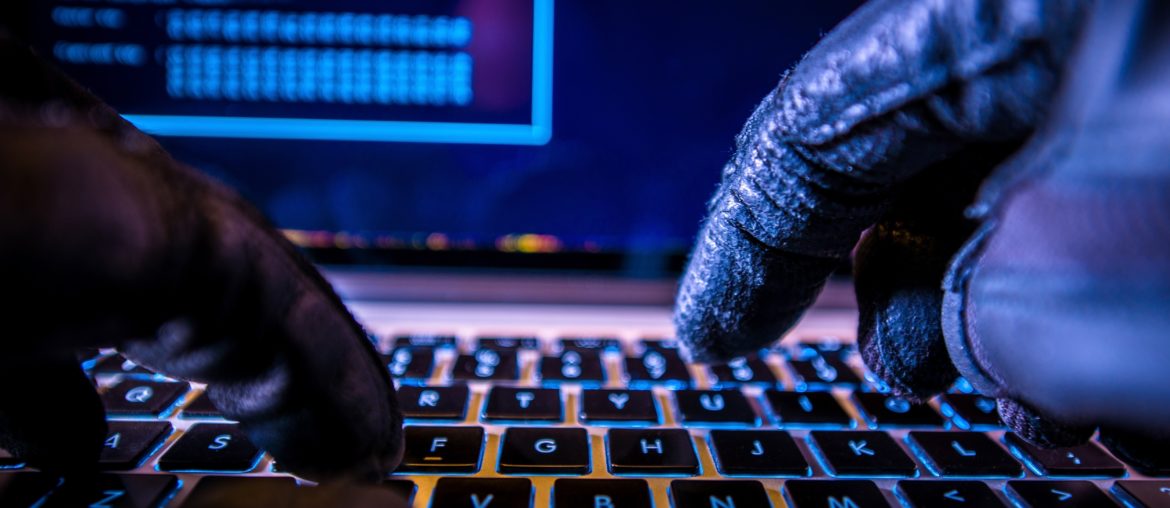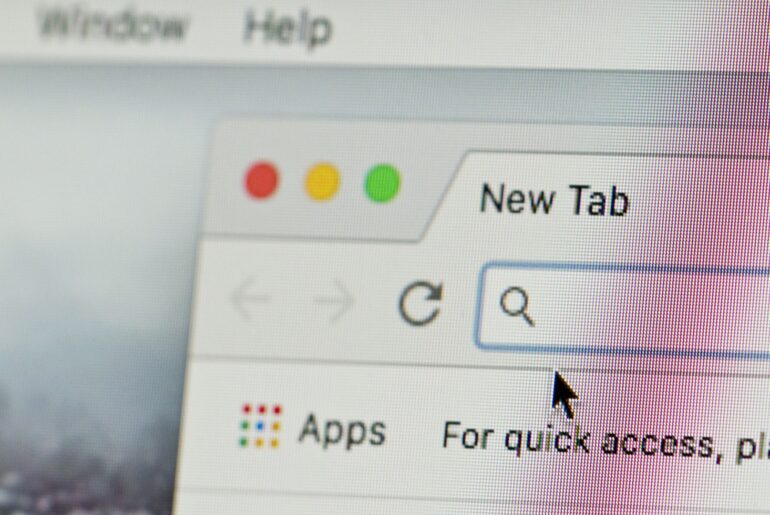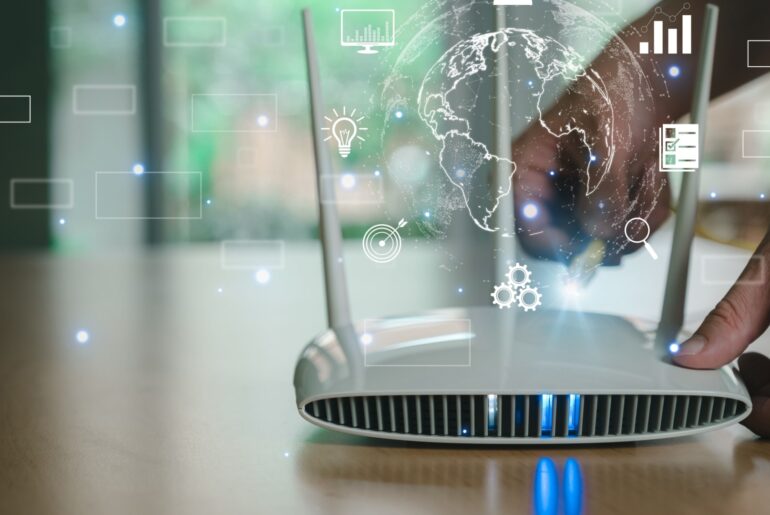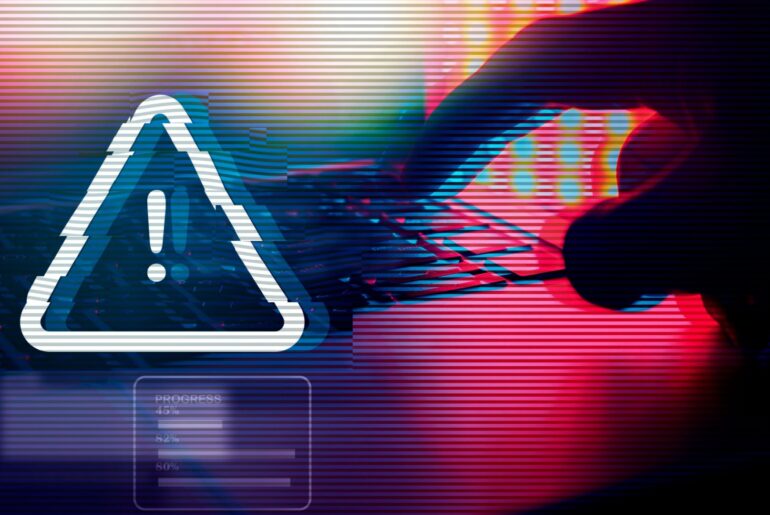New reports of data breaches and cybersecurity threats are more common than ever before. In 2021, a massive attack leaked the names and private information of over 533 million Facebook users in 106 countries. This is the third data breach that the social network Facebook has experienced since 2018. In the right hands, this private data could be used to steal an individual’s identity and commit theft or fraud.
This rise in cybercrimes has given experts an opportunity to learn more about how hackers and other cybercriminals use the data they obtain through security breaches. Take a look below as we explore the habits and motivations of threat actors behind the most common data breaches.
Why Do Cybercriminals Target Private Information?
Identity theft is one of the most frequently reported varieties of cybercrime in the world. The practice of stealing personally identifiable information, also known as PII, has allowed many criminals to fraudulently impersonate another individual. Once a cybercriminal has obtained a certain PII such as a social security number or even a birthdate, they can gain access to their victim’s bank accounts, private emails, social media profiles, and more.
Financial theft is a common driving force among many hackers. Depending on the motivation of the cybercriminal or the organization they belong to, private data can also be:
- Used as collateral
- Sold for a flat rate
- Used as blackmail
- Sold to the highest bidder
- Used to extort an individual
- Used to extort an entire company
Certain cases of cybercriminal activity may be associated with private motivations rather than obtaining money from victims. In 2014, Sony Pictures Entertainment was hacked by a North Korean cybercriminal organization that leaked private data from thousands of Sony employees. This act was carried out as a way to “embarrass” the employees at Sony Pictures Entertainment after the company released a comedy film called “The Interview” about a plot to assassinate their leader. Depending on the intentions of the threat actors, whether it is to intimidate their victim or steal their money, being hacked can have a variety of social or financial consequences.
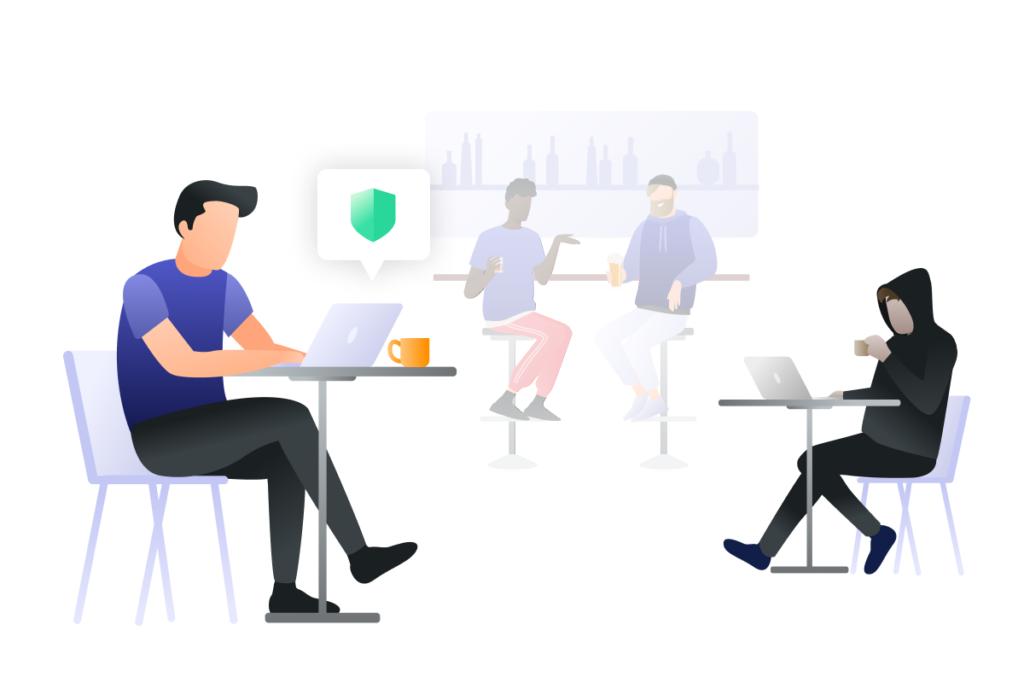
How Is My Information Used by Hackers and Cybercriminals?
Over 155.8 million people had their private information hacked by cybercriminals in 2020. One of the most common questions from those who have experienced devastating cyber attacks is: “What do cybercriminals do with my data?” To better understand how harvested information is being leveraged by hackers and the way that it can pose a risk to you, it is essential to learn how your data is used once it has been compromised.
Identity Theft
As one of the most well-known consequences of being hacked, identity theft cases have caused a wave of security measures to enter the market over the past decade. Credit card companies, banks, and other payment processors have developed enhancements to ensure that client data is encrypted and safe from potential security threats.
Hackers often use stolen identities to obtain money or private information. When your identity is compromised, you may be unable to access your bank account, your social media accounts, or other platforms where you store personal data that might be valuable to cybercriminals. Hackers can use your identity to apply for loans in your name, take out credit cards, and much more.
Data Ransom
Cases of data ransom are particularly damaging and have been increasing in frequency with the introduction of more dangerous varieties of ransomware. Once a hacker has obtained data from their victim, they may encrypt it and use it as leverage to hold them for ransom. Cybercriminals can force their victims to pay large sums of money to have their information unencrypted or prevent it from being released.
Data ransom has also been known to occur when information like medical records are obtained. Hackers threaten to release private data as a means of extortion, or they may sell it to other cybercriminals.
Sold to the Highest Bidder
When cybercriminals obtain credit card information, email credentials, or SSNs, they sell it to the highest bidder. Stolen information is traded on the dark web and paid for with cryptocurrency to avoid tracking.
Depending on the data being sold, prices for information, like access to a hacked Gmail, can cost up to $80. Alternatively, a PayPal transaction of up to $3000 from a stolen account can reach $340 on the black market.
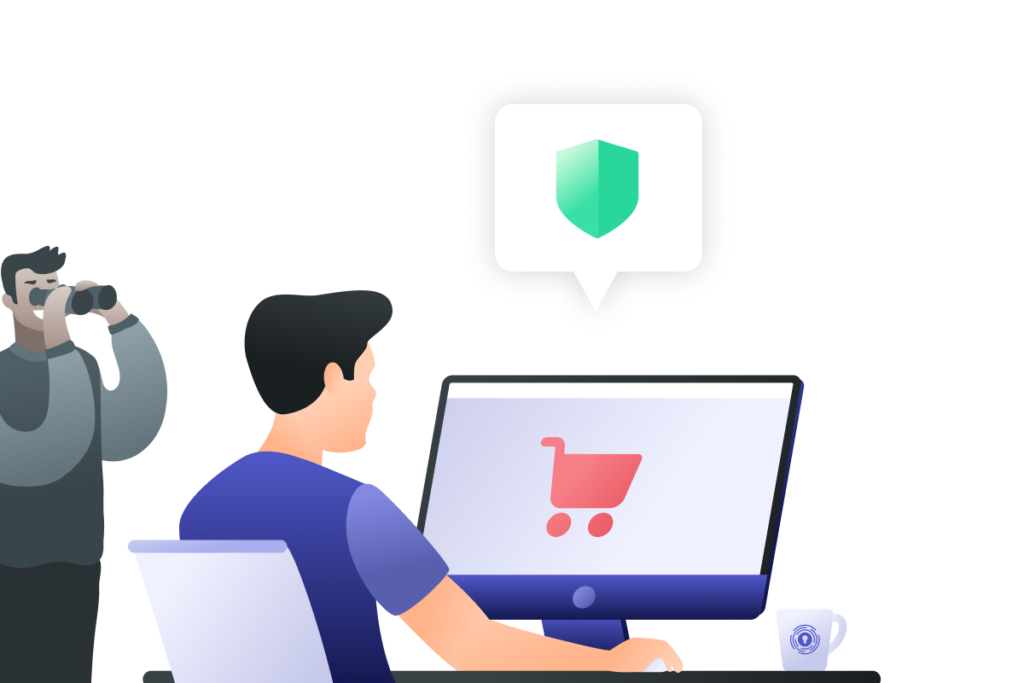
How Can I Protect Myself from Cybercriminals?
Protecting your personal information from hackers and cybercriminals can be done with a few manageable steps. Depending on how you use the Internet, it’s essential to stay safe when gaming, shopping online, and using social media. By establishing ongoing security measures, what we call “security hygiene,” you take the stress out of protecting your personal information.
Stronger Passwords
It may seem obvious, but creating a robust password can help prevent attacks from hackers and malware. Using unique passwords on each platform can also increase your security. You may consider updating your passwords to include a longer alphanumeric sequence and use symbols where applicable. Avoid tools like unencrypted password managers, similar to the ones built into most web browsers. Instead, use a secure password vault to increase the safety of complex credentials that may be difficult to remember.
Monitor Your Activity
The earlier that you can identify security risks, the better chance you have at protecting yourself from future attacks. Many banks offer a way to track online spending, and routinely reviewing this information can help identify suspicious activity.
Social Media Privacy
Cybercriminals can use information that you share on social media to hack into your account and obtain your private data. For example, sharing your mother’s maiden name on Facebook provides hackers with information that can be used to impersonate you. Consider locking your accounts from public view and ensure that you never share data that can be leveraged against you.
Increase Network Security
Sharing data over an unsecured network can make it easier for hackers to obtain sensitive information. Even with strong encryption on your passwords, there are opportunities for a cybercriminal to steal your data. One of the most reliable ways to protect yourself and your information is to install a VPN, which is a Virtual Private Network, that can help mask your location and combat potential security threats such as phishing attacks, malware, bots, and more.
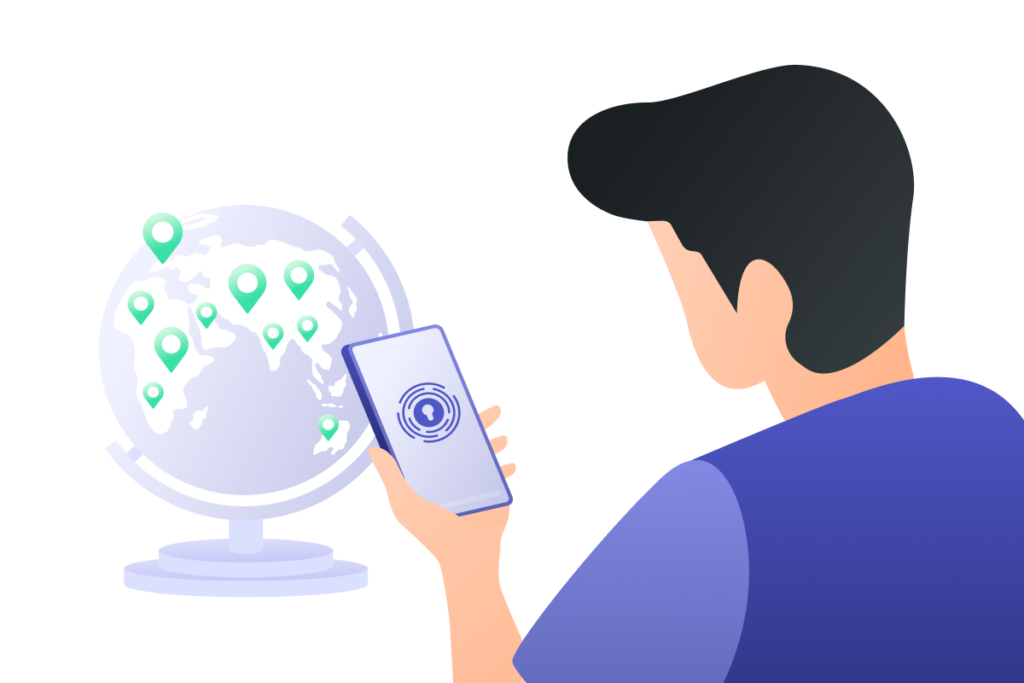
Keeping Information Safe from Cybercriminals with a Strong VPN
A reliable VPN helps you avoid possible risks to your data by keeping out hackers attempting to access your network. Installing a VPN boosts your security and protects your information against hackers hoping to take advantage of your vulnerable data. The first step to total Internet safety is protecting yourself from cybercriminals, and a dedicated VPN can help.
Download PrivadoVPN
Protect your privacy with a world-class VPN. Sign up for premium access to PrivadoVPN and get unlimited monthly data, access to 300+ servers from around the world, and up to 10 simultaneous connections. Get a top-rated VPN that can secure your privacy at home, at work, or on the go.
Sign up for PrivadoVPN today!

